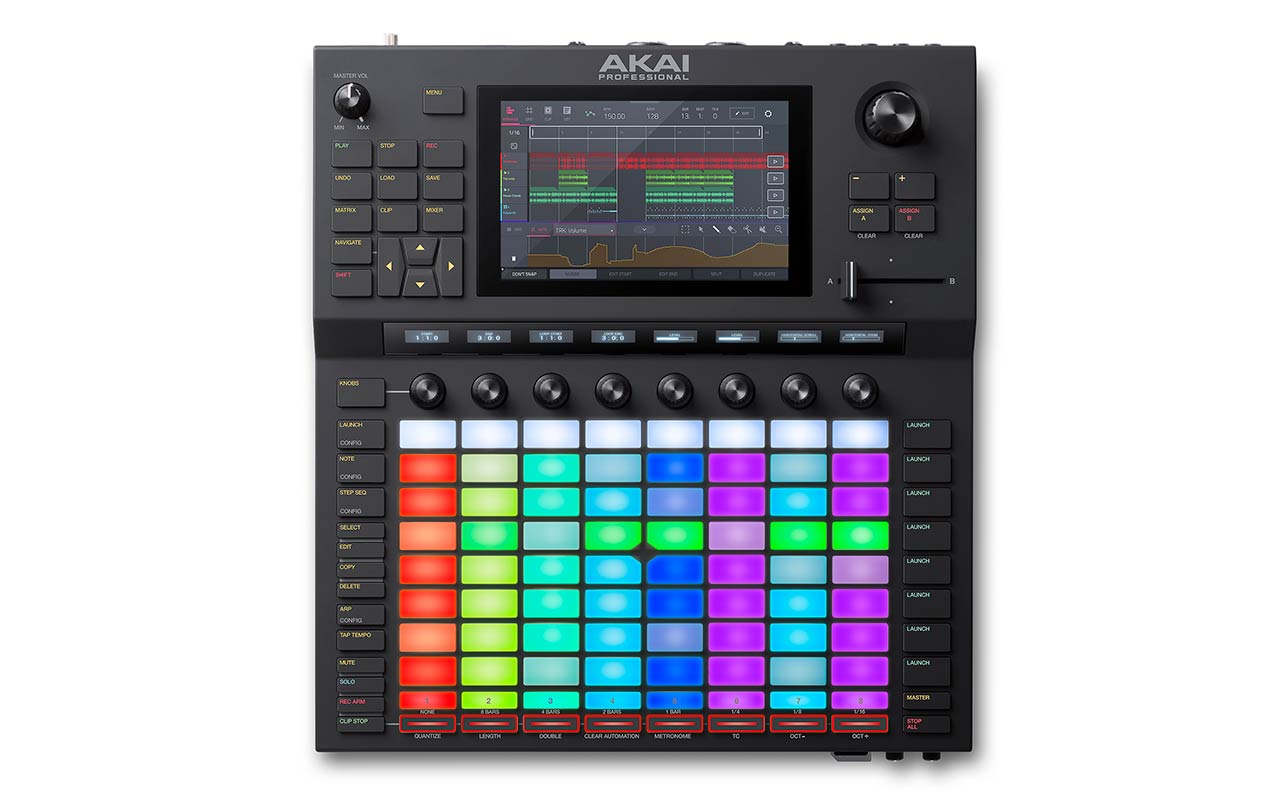
Tensions between the two began to emerge towards the end of the sessions, although Earle says this was simply because he knew he would eventually have to go back on tour and leave. Williams was self-conscious of her vocals, and was intimidated by Earle's "bulldog" attitude.

Steve Earle ( pictured) co-produced the majority of Car Wheels on a Gravel Road with Ray Kennedy. Kennedy overdubbed many of the instruments, including the acoustic and electric guitars, keyboards, tambourines, and backing vocals. The recording sessions lasted around ten days, after which Kennedy added overdubs.

Kennedy said: "That's why it became such a great record-because it was so super-charged with her great vocal, which she had never really tried before." Kennedy did not include reverberation, and instead induced compression from a 1176 Peak Limiter. For the first time in Williams' career, she recorded the songs live with her backing band, as opposed to recording each instrument and vocal take individually. These sessions were recorded on a Telefunken V76 microphone preamplifier connected to a twenty-four track tape recorder. With Earle and Kennedy now serving as full-time producers, the recording sessions recommenced in the summer of 1996 in Nashville. Morlix remained on the project as a guitarist, but was not credited as a producer. According to Williams: "Those guys all started vibin' each other, and I'm goin', 'Can we just get this record made, please?" By this point, the relationship between Williams and Morlix was irremediable, and Morlix stepped down as producer. Morlix was infuriated by this decision, and resented the two new producers. Williams liked this style of production, and asked Earle and Kennedy to rerecord several of the songs she was unhappy with. Earle was working with producer Ray Kennedy, who accentuated Earle's vocals. ĭuring this period, Williams was invited to sing backing vocals for the Steve Earle song "You're Still Standing There". Recording sessions resumed later that year in Nashville, Tennessee. Morlix believes ninety percent of the album was finished when Williams made her decision. I didn't want to make another Sweet Old World" said Williams. Williams was unhappy with her vocals in these sessions, and decided to start the entire album from scratch. The initial recording sessions for Car Wheels on a Gravel Road lasted from February to March 1995 in Austin, Texas, with longtime producer Gurf Morlix.


Additionally, it was certified Silver in the UK on July 22, 2013.Ĭhameleon Records folded after the release of Sweet Old World, so Williams signed with American Recordings. It remains Williams' best-selling album to date, with 872,000 copies sold in the US alone, as of October 2014. 68 on the Billboard 200, and remained on the chart for over five months, eventually becoming Williams' first album to be certified Gold by the RIAA. It won the Grammy Award for Best Contemporary Folk Album in 1999, and earned Williams an additional nomination for Best Female Rock Vocal Performance for the single " Can't Let Go". 98 on the 2020 revision of Rolling Stone's 500 Greatest Albums of All Time. Universally acclaimed by critics, Car Wheels on a Gravel Road was voted as the best album of 1998 in The Village Voice 's annual Pazz & Jop critics poll, and ranked No. The album was recorded and co-produced by Williams in Nashville, Tennessee and Canoga Park, California, and features guest appearances by Steve Earle and Emmylou Harris. Room and Board Studio in Nashville, Tennessee Rumbo Studio in Canoga Park, CaliforniaĬar Wheels on a Gravel Road is the fifth studio album by American singer-songwriter Lucinda Williams, released on June 30, 1998, by Mercury Records.


 0 kommentar(er)
0 kommentar(er)
